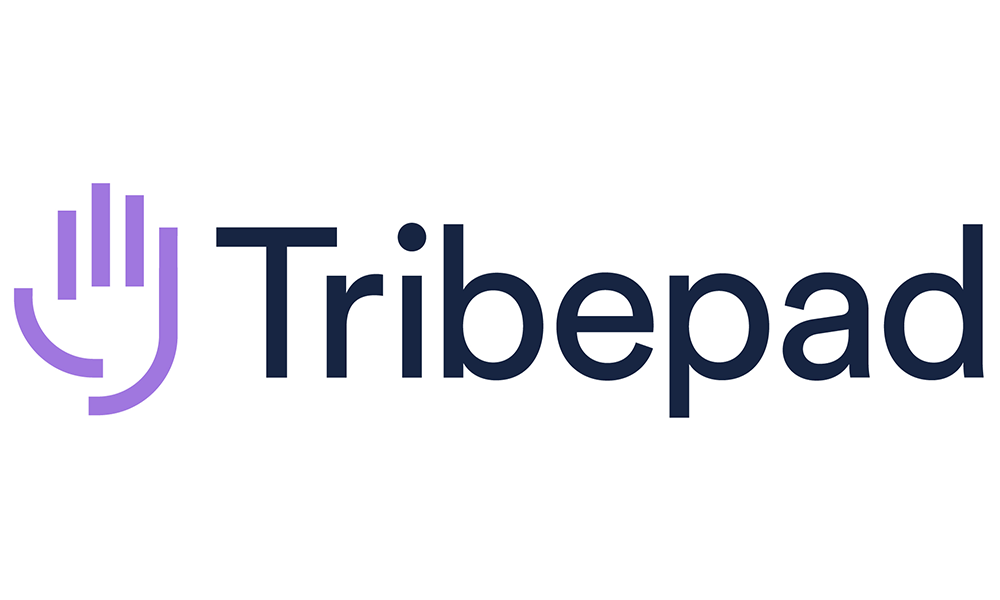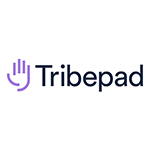A bad candidate experience can have a detrimental effect on both brands and on those applying to work with them. Ghosting, that is, when a person or company stops contact without any warning or reason, has become so common in talent acquisition that it's no longer extraordinary.
Imagine being so excited to see your new potential employer's response for an interview invitation. You spend hours preparing and it goes really well. They invite you to a final interview but then the recruiter goes quiet. A few days pass, then another. And another. Two full weeks go by without a word in return. What in the world could have gone wrong? Perhaps you're not the right fit for the company, or they lost your contact details, or perhaps it’s because you smiled too much.
The scale of the problem
Sensing a rise in the problem during the disruption of the pandemic, Tribepad delved into the impact of ghosting on both job candidates and brands, and asked our friends in the industry why they think it is happening. What can we, as an industry, do to prevent it in the future? How can we help ease the strain on HR professionals while taking care of high volume candidates at the same time?
What we found from our independent research of 2000 UK adults, is that 65% of applicants have been ghosted in the course of their job search. Almost all of them, 94% said it left them with a negative perception of the company they applied to. Worryingly, 86% said their ghosting experience left them feeling down and 43% of ghosted applicants said it took weeks, or even months, to recover from being ignored.
Who are the ghouls here?
Is it recruiters being overstretched? Is it a lack of insight into the candidate journey? Is it poorly set up software? Is it recruitment agents not closing? We don’t believe that anyone would intentionally ghost an excited candidate deliberately. If anything, recruiters know best about the value of a positive employer brand and a great candidate experience. But the phenomenon continues.
Exorcising the demons
We all know ghosting has its drawbacks. It can greatly damage your brand, it reduces your talent pool, and it's simply unkind, even though it’s not intentional. So how do you fix it? Well, addressing the issue head on is an excellent start.
If you want to take a stand against ghosting, it's crucial that you address its widespread repercussions across the company. If you can get senior leadership on board with your initiatives, you have a chance at curbing the effects of ghosting in your company. That doesn’t mean going to your board and confessing to ghosting dozens of candidates, but if you don’t have access to tools that can give you the insight you need to be able to do a great job, then you need to make the case by demonstrating the financial impact on brand damage.
Communication is essential for candidates. Even if they are not ultimately hired, candidates appreciate when they're kept in the loop about their status. If you feel you need to be giving more personal attention to candidates, make the case for a new hire into your team. Finally, join the industry wide end-ghosting campaign to show that your organisation cares about every candidate, including those who aren’t quite right for the open roles.
In the last 18 months, everything's been turned on its head. Now, no matter what industry you're in, things are going to be different. As the demand for candidates goes up and down, it's imperative that you steer your business through these waters to stay on top.
---







